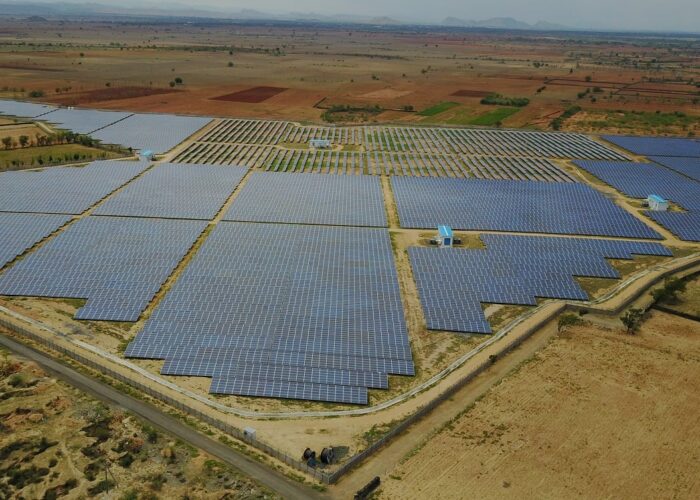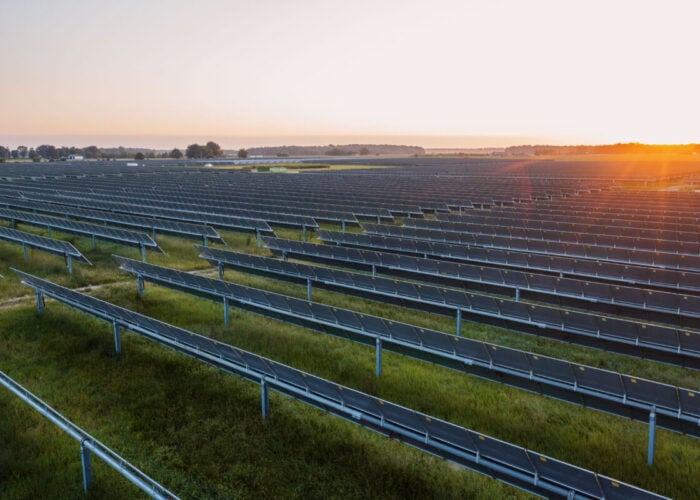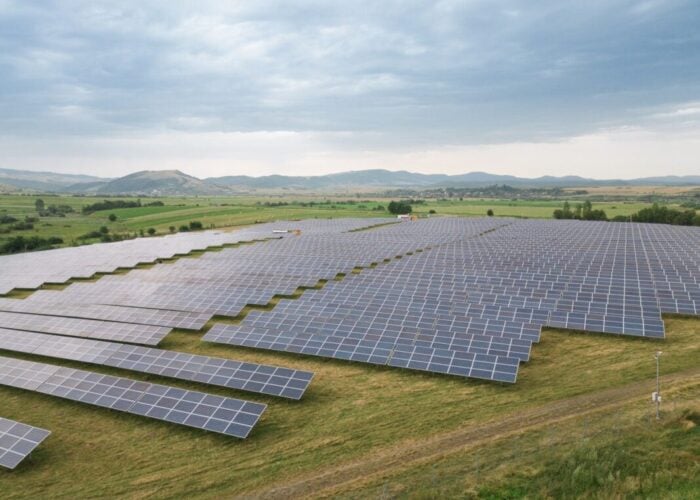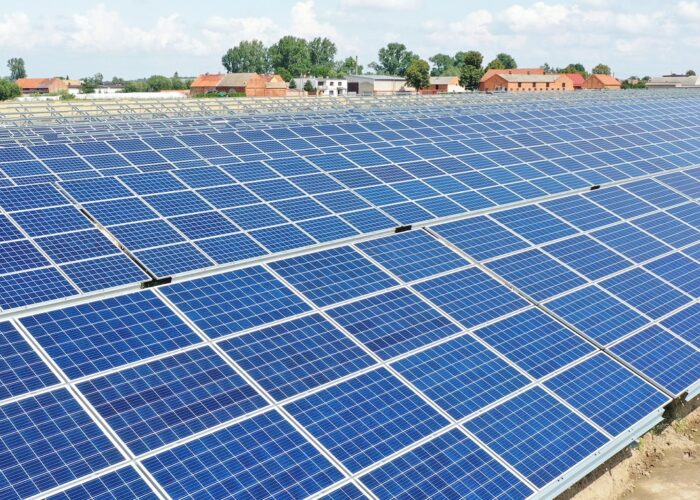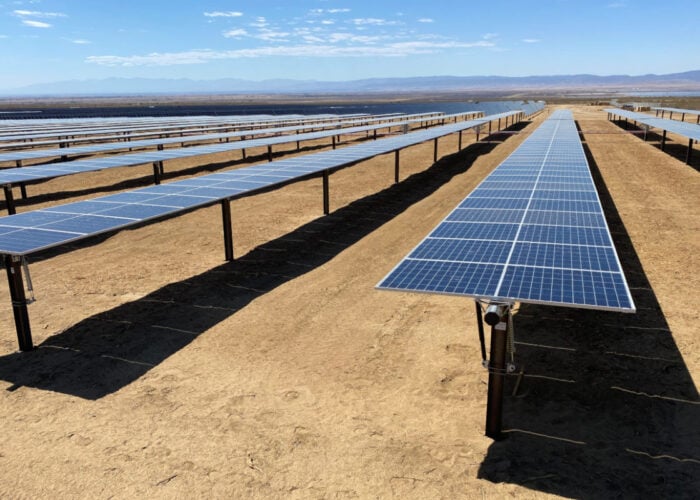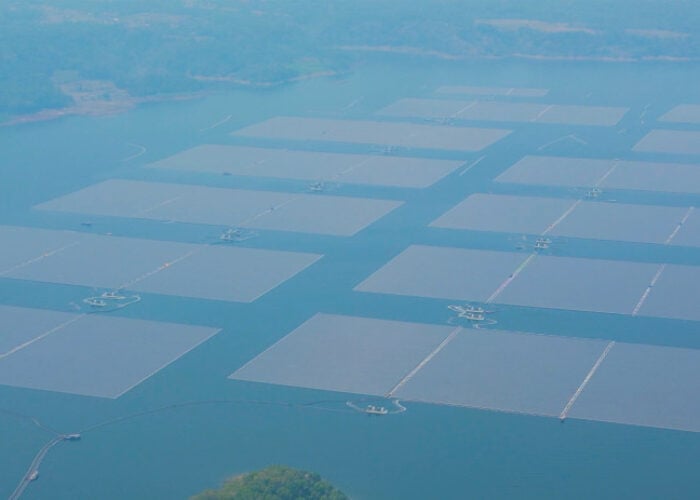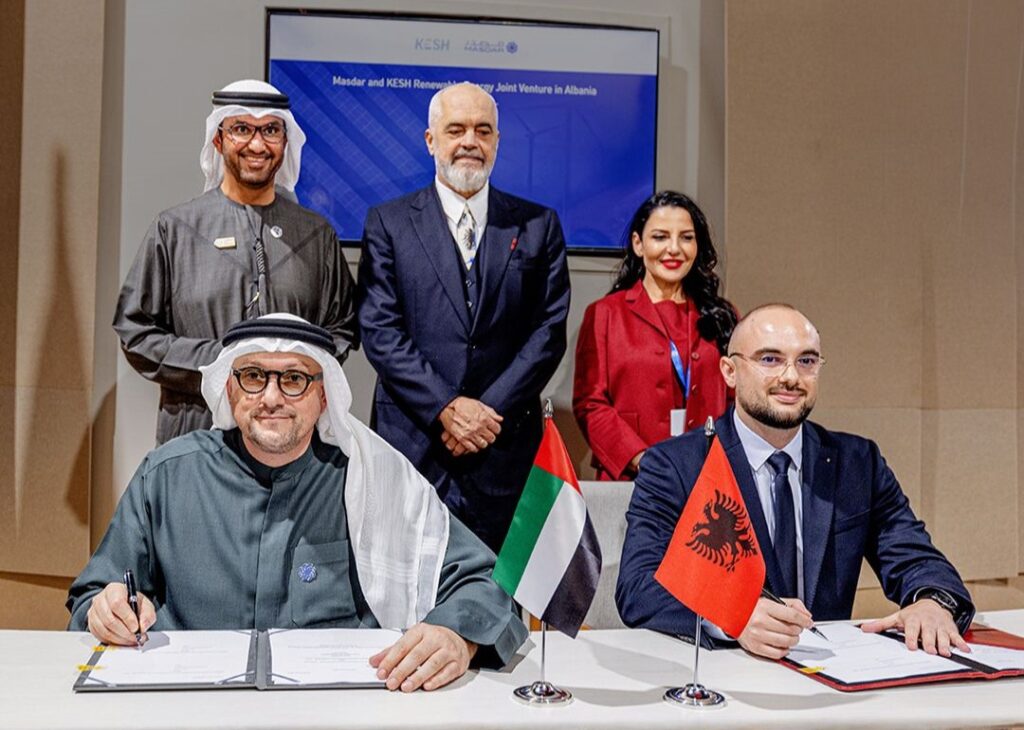
The Abu Dhabi Future Energy Company (Masdar) and the Albania Power Corporation (KESH) have announced plans to build a “gigawatt-scale” renewable power portfolio in Albania.
The companies signed a joint venture agreement to develop, construct and operate renewable power facilities in the country, and announced the agreement at the COP29 climate conference, currently underway in Azerbaijan. While they did not specify the total capacity of these installations, or how much each renewable power technology would contribute to this capacity, they noted that the project will include solar PV, wind and hybrid solutions, with the “potential integration” of battery energy storage systems (BESS).
Unlock unlimited access for 12 whole months of distinctive global analysis
Photovoltaics International is now included.
- Regular insight and analysis of the industry’s biggest developments
- In-depth interviews with the industry’s leading figures
- Unlimited digital access to the PV Tech Power journal catalogue
- Unlimited digital access to the Photovoltaics International journal catalogue
- Access to more than 1,000 technical papers
- Discounts on Solar Media’s portfolio of events, in-person and virtual
“This joint venture with Masdar is a pivotal advancement in Albania’s renewable energy journey, underscoring KESH’s commitment to sustainable development and energy diversification,” said Erald Elezi, CEO of KESH, which was responsible for 58.3% of Albania’s domestic electricity production in 2023.
“Although Albania already benefits from a predominantly green energy mix, this partnership will enhance our energy resilience, improve stability and open avenues for clean energy exports to the region,” added Elezi; as part of the agreement, power generated at the joint venture projects will be both supplied to the Albanian market and exported to neighbouring countries.
The deal is Masdar’s latest involvement in the southern European power space, following its €3.2 billion (US$3.4 billion) acquisition of Greek power company Terna Energy; the deal has been approved by the European Commission, and is waiting on regulatory approval in Poland, where the company is also active.
Terna currently has an operating portfolio of 1.2GW, and plans to expand this to 6GW by 2029, although the vast majority of this consists of wind capacity. The company currently has 1.1GW of wind capacity in operation, compared to just 8.5MW of solar capacity.
Albania, meanwhile, has sought to expand its solar sector in recent years, launching its fifth round of auctions for new PV capacity in January of this year. Bids were placed for 355.9MW of capacity, and the ministry of infrastructure and energy awarded contracts to eight consortia for 300MW of capacity. According to the International Energy Agency (IEA), Albania’s energy mix remains heavily reliant on hydropower, which accounted for 97.7% of electricity generation in 2022, while solar PV accounted for the remaining 2.3%.

